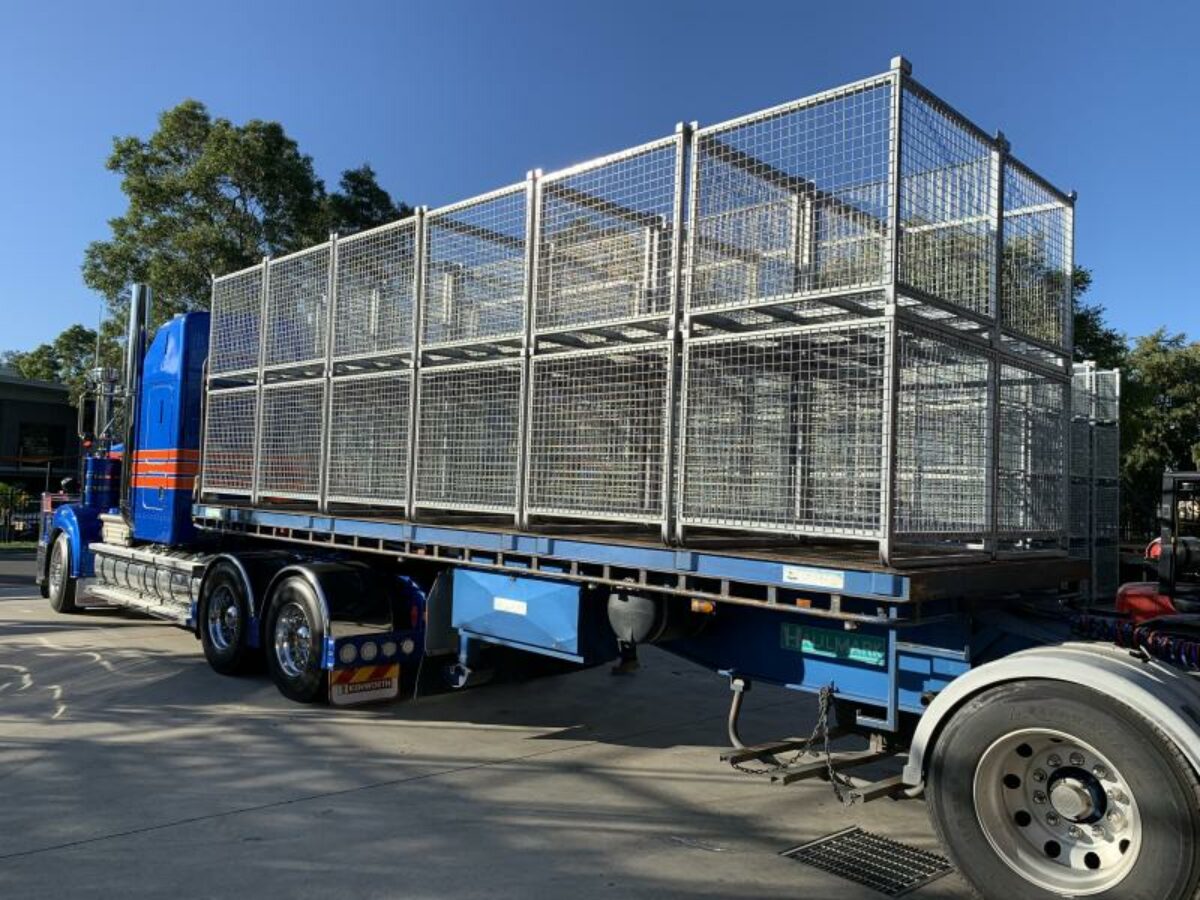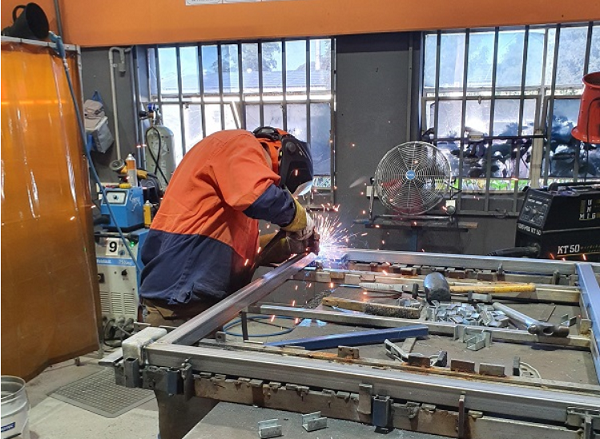Covid-19 supply chain rethink leads to reshoring

Comment by Peter Roberts
One of the biggest issues with Australia's love affair with manufacturing offshore in supposedly low-cost locations is habit.
Over the long years of the decline of the old protected manufacturers followed by a resources-boosted currency, procurement managers and financial managers alike got used to reflex thinking that buying overseas is always cheaper.
This has never been the foregone conclusion that many thought, and it has taken Covid-19 to burst the bubble of complacency and for the first green shoots of reshoring to appear on the manufacturing landscape.
With supply chains broken and the dollar well below its long-term average of US72 cents, the necessity and the economics of reshoring are coming together in low and high-tech supply chains.
Take the example of steel pallet, cages, stillages and trolley products manufacturer Trafalgar JNI Pallets Systems, which has just loaded its first consignment of Series 90 pallet cages (pictured) for a government customer who formally bought such things automatically from China.
John Rakic explains that the cages are the first of a $1.3 million order of 1,800 he is making – he won the order because the importer could not guarantee delivery within the desired 10-week timeframe.
And once the customer bothered to look at a local supplier they found “…we were actually cheaper than the imported option.
“They just assumed China was cheaper – go figure.”
The $1.3 million order for cages are using local DURAGAL steel, local electroplating and other local inputs.
Rakic told @AuManufacturing: “We presented that this would employ ten people for three months by doing it locally and in fact we have added new casual welding staff to our already 70 strong workforce to do this project.
“These guys were laid off due to Covid-19.”
Putting aside the question of why a government purchaser was ever satisfied with using a more expensive import, this story must be being repeated across industry as procurement staff and retail buyers search round for local suppliers.
Everyone in procurement should take a good hard look at what they are buying – don't just assume that overseas is cheaper.
And if local suppliers are not quite up to the mark, actually work with suppliers, give them trial orders, help them with technology and help them get the confidence that customers will be there if they invest.
I visited a Bunnings store yesterday and, as always, was shocked at the myriad of products that could easily be made competitively in Australia – after all many are the work of simple machines with minimal labour input.
So next time you are in such a place ask if they have an Australian alternative – make your concerns known.
And while I am at it, why not simply not visit retailers that have only imported products in stock – I am thinking of companies like Ikea where only the meatballs are sourced locally.

Pictures: JNI Pallet Systems
Subscribe to our free @AuManufacturing newsletter here.
Topics Analysis and Commentary
@aumanufacturing Sections
Analysis and Commentary Awards casino reviews Defence Gambling Manufacturing News Online Casino Podcast Technology Videos





